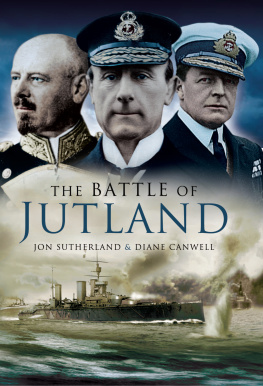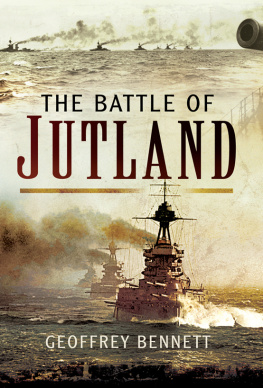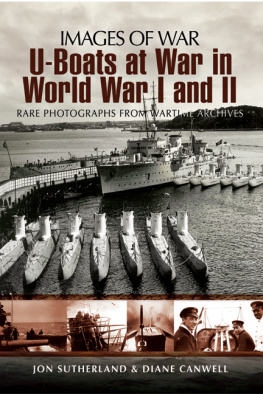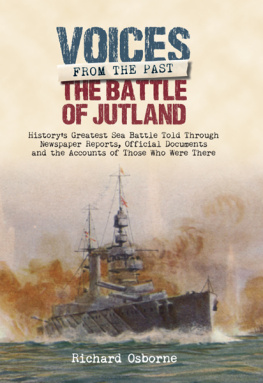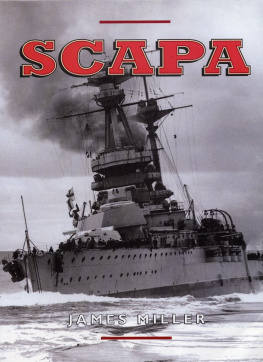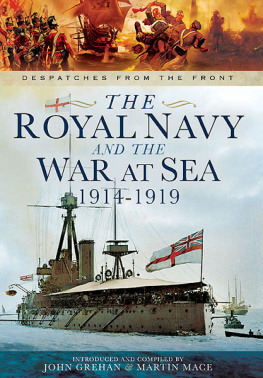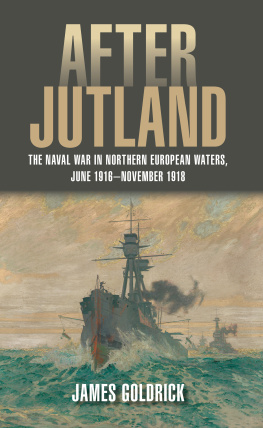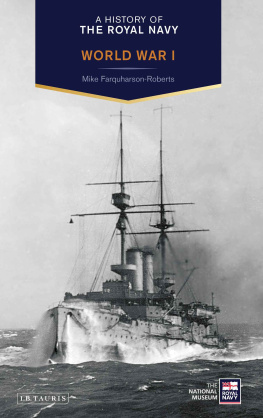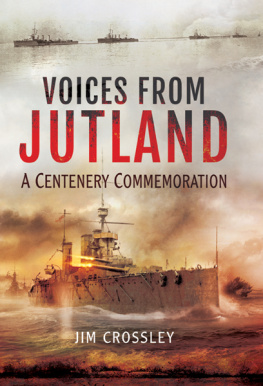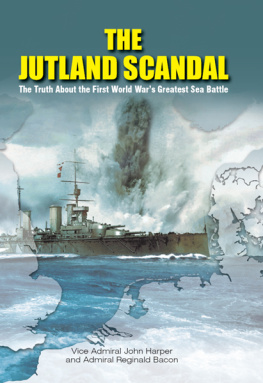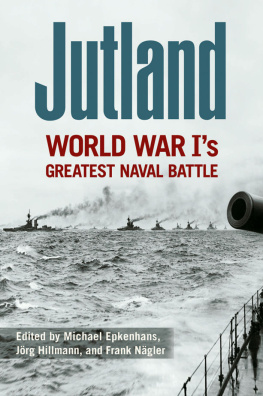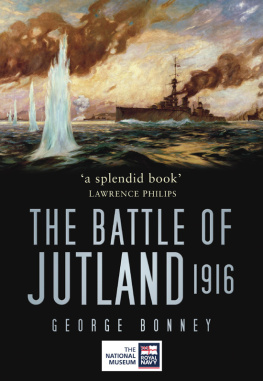

First published in Great Britain in 2007 by
Pen & Sword Maritime
an imprint of
Pen & Sword Books Ltd
47 Church Street
Barnsley
South Yorkshire
S70 2AS
Copyright Johathan Sutherland and Diane Canwell, 2007
ISBN 1 84415 0529 3
ISBN 978 1 84468 243 0(ebook)
The right of Jonathan Sutherland and Diane Canwell to be identified as authors of this work has been asserted by them in accordance with the Copyright, Designs and Patents Act 1988.
A CIP catalogue record for this book is available from the British Library
All rights reserved. No part of this book may be reproduced or transmitted in any form or by any means, electronic or mechanical including photocopying, recording or by any information storage and retrieval system, without permission from the Publisher in writing.
Typeset in Sabon by Phoenix Typesetting, Auldgirth, Dumfriesshire
Printed and bound in England by Biddles Ltd, Kings Lynn
Pen & Sword Books Ltd incorporates the Imprints of Pen & Sword Aviation, Pen & Sword Maritime, Pen & Sword Military, Wharncliffe Local History, Pen & Sword Select, Pen & Sword Military Classics and Leo Cooper.
For a complete list of Pen & Sword titles please contact
PEN & SWORD BOOKS LIMITED
47 Church Street, Barnsley, South Yorkshire, S70 2AS, England
E-mail: enquiries@pen-and-sword.co.uk
Website: www.pen-and-sword.co.uk
Contents
We were both born and brought up in East Anglia, close to what is the most eastern point of Great Britain. Geographically then we live closest to the battlefield of Jutland. Yet to our eternal shame we knew very little about it. We knew still less of another major battle, which took place in 1672, no less important at the time, when an Anglo-French fleet fought a Dutch fleet in Sole Bay, most closely associated with Southwold.
There are great parallels between these two battles: one was that they both decided the control of the North Sea during a time of war, another being the losses to the allied side compared to those of the enemy. The allies, or British, at Jutland lost more vessels yet claimed victory. Regardless of the losses, both the Battle of Sole Bay and the Battle of Jutland made the North Sea a virtual no-go zone for the vanquished fleet. Back in the seventeenth century an inclusive battle was fought, with both sides claiming victory. It was a similar story nearly 150 years later at Jutland, when an inconclusive engagement saw both sides claim the victory laurels.
Our nearest large town is Great Yarmouth, a port town closely associated with that other great British mariner, Horatio Nelson. Yet the imprints of the Battle of Jutland, its commanders and vessels, have left their marks on Great Yarmouth. So indeed had the shells of the German High Seas Fleet in the early years of the First World War. Great Yarmouth celebrated the British victory by the naming of roads: the Iron Duke public house stands at the end of Jellicoe Road; there is Beatty Road and Sturdee Avenue, immortal memorials to the men and vessels that had fought in the greatest naval sea battle of modern times.
A British vessel lost just prior to the Battle of Jutland was HMS Aboukir, on board which was a member of the Woods family from Gorleston, near Great Yarmouth; he would be one of the 527 men lost when the vesel sank in just twenty minutes. Woods is a direct ancestor of Diane Canwell, ne Hewitt. Woods son would serve with distinction in the Second World War, winning himself an MBE for his brave conduct and devotion to duty. German bombs dropped by an aircraft straddled his ship, but he remained on deck until all of his men were saved. Captain Charles Wilfred Woods had only recently recovered from having his legs fractured by a mine and had spent twenty-six weeks in Grimsby Hospital.
Jutland, the battle, the vessels and the men are inextricably linked by family history. Gorleston and Great Yarmouth are seafaring towns, literally on the front line of warfare in the North Sea.
Jutland had all of the ingredients of being a great British naval victory to rank alongside Trafalgar. In reality, this enormous sea battle, which sprawled across the North Sea, was somewhat less clear cut.
Jutland was to be the only major, full-scale clash between the British and the Germans in the First World War.
Reinhard Scheer had recently been appointed to command the German High Seas Fleet and had decided to return to the policy of making attacks on the British coast. In the incorrect knowledge that his attacks were safe from the British fleet based in Scotland, Scheer thought that the only serious threat to his vessels were the ships of Admiral Beattys battlecruisers based in the Firth of Forth. What Scheer did not know was that the British had cracked his codes. Scheers naval signals had been intercepted and decoded and within minutes of his fleet leaving for the raid, the Royal Navys Grand Fleet, under Admiral Sir John Jellicoe, was underway.
The Germans had planned to use Vice Admiral Franz von Hippers battlecruisers ahead of the main fleet, the intention being to lure Beatty out and destroy him with the German High Seas Fleet. Little did the Germans know that Jellicoe was already on his way to link up with Beatty.
Sure enough, von Hippers force made contact with Beattys ships on the afternoon of 31 May 1916. The German ships gave way and fled south towards Scheers main force. Beatty then encountered the High Seas Fleet and he, too, turned away, luring the Germans on to Jellicoe.
The Germans were in for a terrible shock. From 1830 to 2030 the British main fleet and the Germans engaged one another. The British heavy guns forced Scheer to reconsider and he made what could have been a disastrous decision: instead of turning away from the British fleet, Scheer ordered a turn to the east. His intention was to escape into the Baltic.
Jellicoes scouts failed to pick up the true course being taken by the Germans and British Naval Intelligence failed to intercept crucial positioning reports. Aware that his fleet could not operate well at night, Jellicoe screened his fleet with smaller vessels and hoped for a conclusive engagement at first light. As it was, the Germans managed to slip away. The German fleet had been mauled and would never again dare to risk a full-scale engagement with the British. It was a flawed victory, one that could have been so much more conclusive for the British. Had British armour- piercing shells not exploded on impact with the German ships, the German losses would have been enormous.
Why had Jellicoe allowed the Germans to escape the trap? Had he been too cautious? Why risk defeat when you already have control of the seas? Was it Scheers brilliance that saved the German fleet or, perhaps, Beattys lack of control over his own vessels?
In this all-new look at the Battle of Jutland we examine the tactics used in the naval war, the opposing fleets and the admirals. Central to the book is the detailed analysis of the battle itself, split into the key phases. We also feature the notable accounts of the battle by contemporary writers, some of whom actually took part in the battle itself, plus a chapter that deals with the official reports of the battle, from Jellicoe, Beatty and Scheer. Finally, we turn our attention to the lessons learned from the battle and examine the Jellicoe controversy.
Although Jutland is a much-misunderstood battle, its significance is enormous, both in framing the outcome of the naval war in the First World War, and also determining German tactics and willingness to face the Royal Navy head on in the Second World War.
Next page
